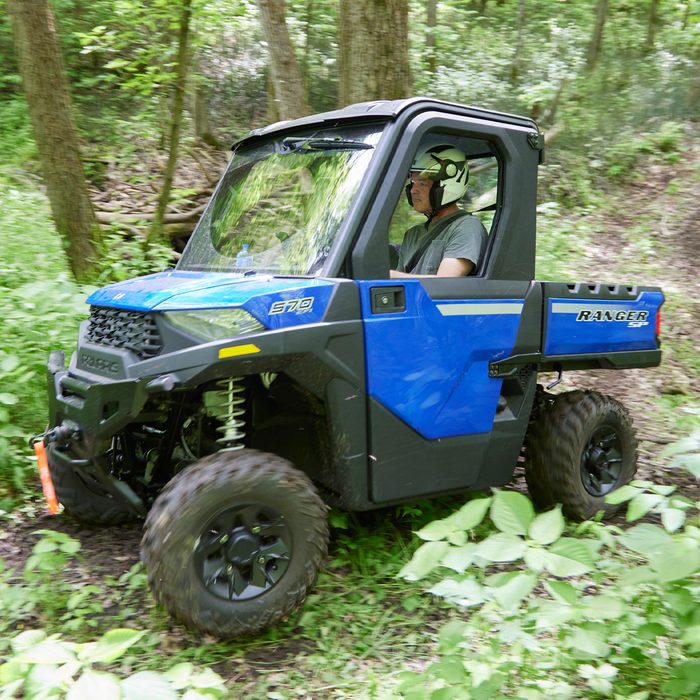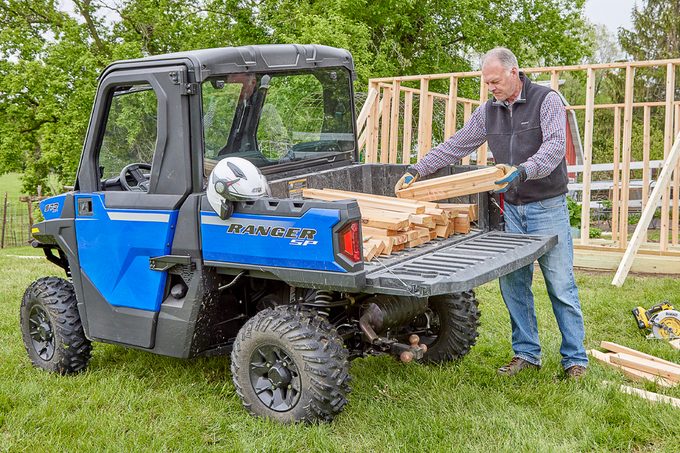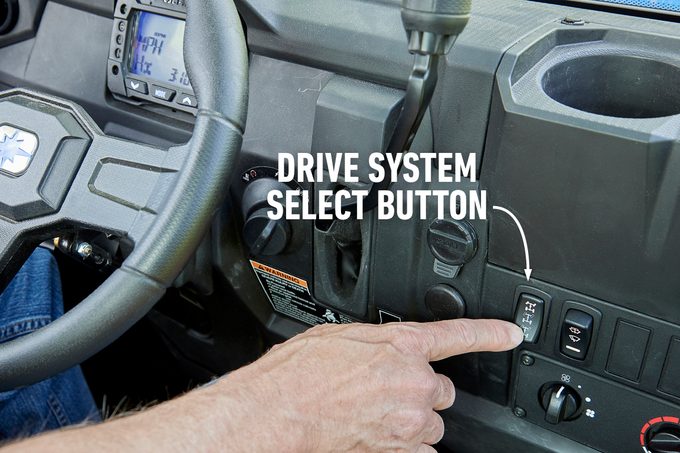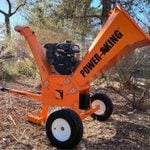Utility Vehicles Are an Essential Part of a Landowner’s Toolkit

If you own a large piece of property, a utility vehicle, tractor or brush cutter can make so many chores so much easier.
Our editors and experts handpick every product we feature. We may earn a commission from your purchases.
Some of my favorite tools don’t fit in a toolbox or even on a workbench. Subcompact tractors can be a workhorse for landowners. But you might also consider adding a utility vehicle and maybe even a brush cutter to your tool shed if you’ve got acreage. Here’s what you need to know.
On This Page
Utility Vehicles
With the capabilities of small pickups and a much higher fun factor, utility vehicles (UTVs) are soaring in popularity with landowners nationwide. Consider them grown-up four-wheel ATVs.
Utility vehicles can carry up to six passengers while doing a whole lot more work. Yes, that makes them more difficult to store and tow than a small ATV. But if you have land, a UTV is worth the effort.
I’ve spent a lot of time testing UTVs over the years, and I recently added a Polaris Ranger 570 NorthStar for our greenhouse project. Here’s what I learned.
If you’ve driven a car or truck, you can drive a UTV. On the ease-of-use scale, UTVs are champs. They come with power steering, gas and brake pedals, automatic transmission and seat belts just like a truck.
It might take a while to master the response characteristics of a UTV’s belt-drive continuously variable transmission (CVT). Finding the engagement point (how far to move the foot pedal before the vehicle moves) takes time to get used to.
The advantages of a CVT? It automatically finds a good gear range for the situation, and the simple belt-and-pulley design allows performance upgrades with aftermarket components. The driver can easily select high- or low-range gearing, plus reverse.
Not all UTVs use a belt-drive CVT. The Honda Pioneer 1000 UTV features a unique six-speed automatic dual-clutch transmission with a manual paddle-shift option. This transmission won’t slip in muddy or wet conditions like a belt drive can, but it’s far more complicated mechanically. Kubota UTVs, like the company’s compact tractors, use a hydrostatic transmission.
On the Job
The first thing I did with the Polaris Ranger 570 NorthStar during our greenhouse build was load the cargo bed with the gravel for our foundation. This UTV can carry up to 500 lbs., and the bed’s gas-assist lift helps dump loads easily.
With its short wheelbase and tight turning radius, I easily transported tools, lumber and materials to the work site. One of my favorite features is the vehicle’s TurfMode rear differential. With the push of a button, I can unlock the rear differential to make this a one-wheel-drive machine that treads lightly across any area I don’t want torn by aggressive tires.
This Polaris Ranger 570 is powered by a fuel-injected four-stroke gas engine, making a reported 44 horsepower (hp). UTVs with more powerful engines are widely available and may be a good choice if your work includes pulling a boat and trailer out of the lake or taking a work crew into mountain terrain.
Bobcat, Kubota, Kawasaki and John Deere are among the manufacturers offering diesel-powered UTVs, a good option for owners of diesel tractors or other equipment. Polaris recently introduced the industry’s first electric UTV; it was not in production at the time of this test.
You find the worth of a UTV like this when driving on rough terrain. On-demand all-wheel drive is standard on this UTV (and many of its competitors).
With 11 inches of ground clearance and four-wheel independent suspension, this Ranger confidently covers rough terrain. If you’re doing fence work, accessing a tractor in the field or just need to get to a remote location, a UTV is an ideal choice. Plus, it delivers the convenience of your on-road pickup — passenger seats, power steering, a cab enclosure and more — in an off-road setting.
If you need the ultimate in off-road capabilities, consider a six-wheel Can-Am Defender with an 82-hp V-twin engine, six-wheel drive and a locking differential.
If you’re interested in a work vehicle that plays too, UTVs are your best choice. At 60 inches wide or less, most of these will fit on public-access off-road vehicle trails. And UTVs can drive on these roads legally in many states; check the local regulations.
Make It Work for You
By adding the right accessories, you can make your UTV the perfect work or play machine. This Polaris Ranger 570 NorthStar comes with a winch mounted to the frame in front, plus a full cab with windows and a windshield wiper. Those are add-ons for many UTVs on the market.
Many accessories are aimed at recreational users. Hunters can add rifle cases, while sport riders can choose specific tires and wheels and engine-performance kits.
Plenty of add-ons will help you get more work done, too. You can add light bars and utility light options, mount a snowplow or powered snowblower, or add a heavy-duty bumper kit and brush guards. And a wide range of cargo racks and tool holders help you carry tools to the task.
UTVs also makes it easy to tow a log splitter or chipper right to your fallen trees. Or tow a pull-behind mower or leaf vac to maintain turf-covered acreage.
DR Power Brush Cutter
When we built our Getaway cabin last summer, we faced the same problem many landowners do. We had brush to cut, unwanted flora that was too much for a lawn mower and too small for a chain saw — and we had a lot of it. So we fired up a Pro Max34 DR Power Brush Cutter.
Powered by a Briggs & Stratton engine with electric start, the Pro Max34 looks like an oversized lawn mower. It’s a walk-behind unit with simple handlebar controls to engage the cutting blades and the self-propulsion drive system.
The area we needed cleared was mostly weeds and saplings. The Pro Max34 is rated to cut weeds and brush up to eight feet high and saplings up to three inches thick.
Our weeds weren’t that high, but we pushed the limits on the sapling size. With its single cutting blade, the Pro Max34 sliced through our growth with ease. The machine’s two 18-inch tires rolled smoothly over roots and stumps, and the mower deck glided on steel rails.
If you have weeds and growth to eliminate, a brush cutter might be right for you.





